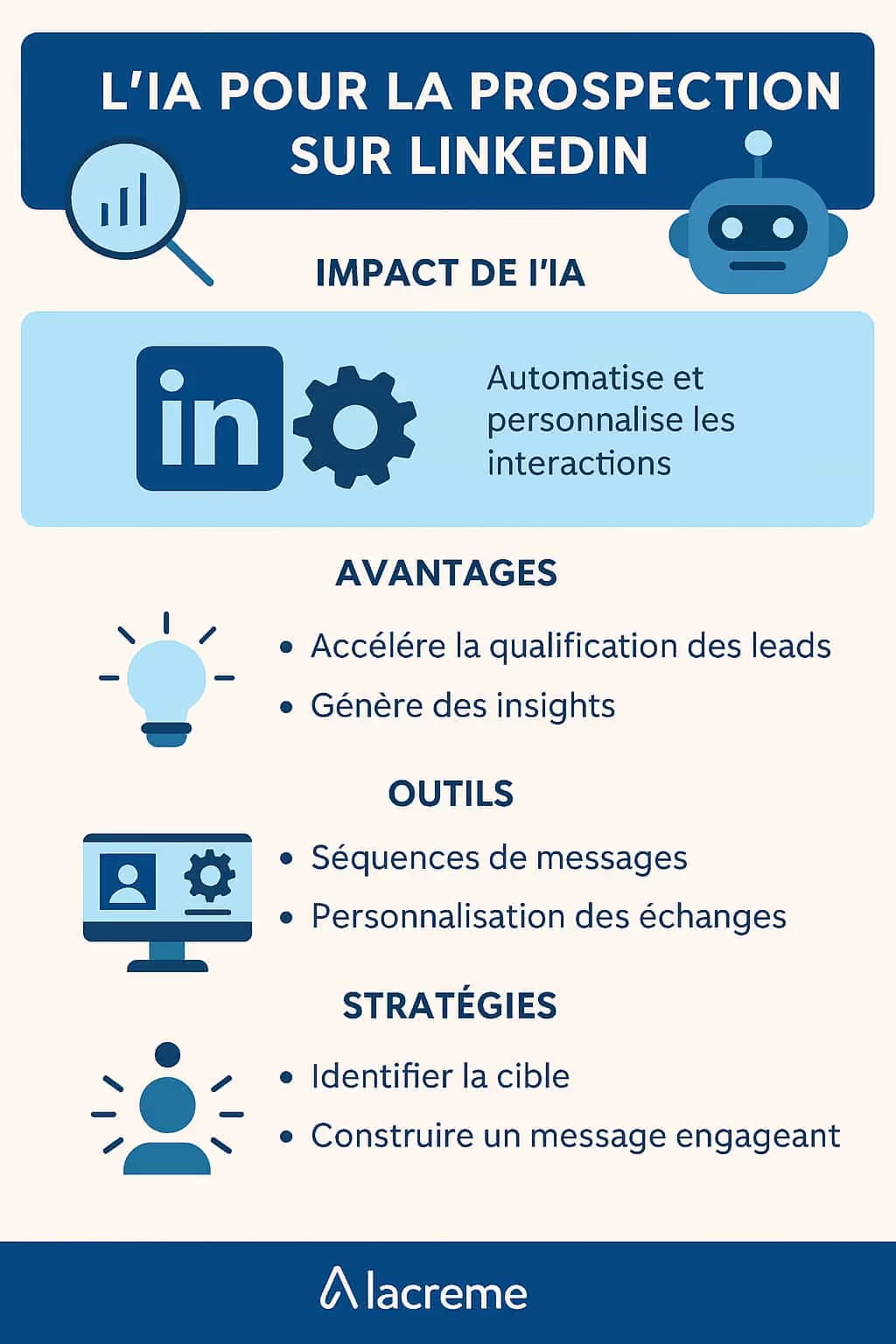The digital age is transforming every sector, including building and construction, with disruptive technologies such as artificial intelligence (AI). This innovation is disrupting traditional methods and redefining the industry's abilities to design, build, and maintain structures that are more efficient, safer, and more sustainable. How does AI materialize in the daily life of construction actors? What is its influence on this millenary sector? That's what we're going to explore.
The emergence of AI in the construction sector
What is AI and its role in construction?
Artificial intelligence refers to systems or machines that mimic human intelligence to perform tasks and can improve gradually based on the information they collect. In the construction industry, AI is used to automate tasks, analyze big data for intuitive decision-making, and increase the efficiency of work processes.
History and evolution of AI in Building and Construction
Historically, the construction sector has been among the least digitized. However, in recent years, investment in AI technology has increased dramatically. From intelligent planning systems to robotic assistants on construction sites, AI has come a long way and continues to evolve to meet the specific challenges of the sector.
Concrete applications of AI in the life cycle of a construction project
Design phase: optimization thanks to BIM and AI
AI-assisted Building Information Modeling (BIM) makes it possible to create digital simulations of buildings, which can prevent problems before actual construction. This synergy optimizes the design phase by ensuring the integration of all aspects of a building from the early stages of the project.
Construction phase: improving productivity on the construction site
In the field, AI is used to analyze huge amounts of data to optimize the allocation of resources, monitor the progress of work and anticipate delays. Smart drones can also map sites in real time and monitor construction progress.
Maintenance phase: AI for predictive building management
After construction, AI contributes to predictive maintenance by analyzing continuous data from various sensors installed in the building. This helps identify potential problems before they occur and reduces the need for unplanned maintenance and repairs.
The impact of AI on the safety and efficiency of construction sites
Preventing accidents through data analysis
AI is improving safety on construction sites, modeling risks and highlighting safety trends from historical data, leading to a significant reduction in accidents.
Logistics optimization and waste reduction through AI
By analyzing consumption patterns and material management, AI facilitates a more agile and accurate supply chain. It also allows the optimization of storage and the reduction of waste, contributing to the sustainability efforts of the sector.
AI in the face of the economic and environmental challenges of the construction industry
Reduction of costs and deadlines through intelligent tools
Thanks to the optimization of processes and the precise management of resources, AI makes it possible to achieve significant savings, reduce deadlines and maximize margins in construction.
Contribution of AI to sustainable and decarbonized construction
By illuminating construction practices and promoting energy efficiency, AI plays a crucial role in the creation of more sustainable and less polluting structures, thus responding to the challenges of ecological transition.
Foresight: What is the future for AI in the construction sector?
Technological evolution and adaptation of professional skills
Continued innovation in AI promises to change the construction industry even more profoundly. The sector will therefore have to adapt the skills of its professionals to fully embrace these technologies.
Increasing integration of AI and the expectation of future trends
The future will see even closer collaboration between humans and intelligent systems, where AI will not only be a tool but a strategic partner in the implementation of construction projects.
The integration of artificial intelligence in the field of construction represents a major opportunity to increase the efficiency and quality of projects while facing modern challenges of safety, sustainability and economy. It is a revolution in progress, where the fusion of human expertise with the intelligence of machines is shaping the future of building and construction.






